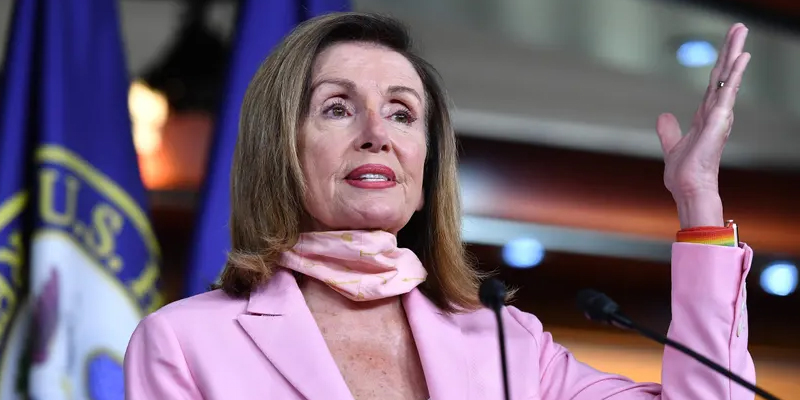The COVID-19 pandemic has disrupted crucial mental health services in 93 percent of countries worldwide while the demand for mental health is increasing, according to a new survey by the World Health Organisation (WHO).
The survey of 130 countries provides the first global data showing the problematic impact of the coronavirus pandemic on the access to mental health services and underscores the urgent need for increased funding. It evaluated how the provision of mental, neurological and substance use has changed due to the pandemic, the types of services that have been disrupted, and how countries are adapting to overcome these challenges.
The findings was published ahead of WHO’s ‘Big Event for Mental Health’, scheduled on October 10. The events will bring together world leaders, celebrities and advocates to bring awareness on mental health and the need for mental health investments in the wake of the novel coronavirus pandemic.
Previously WHO had highlighted the underfunding of mental health and said that the countries were spending less than 2 percent of their national health budgets on mental health. Bereavement, isolation, loss of income and fear are triggering mental health conditions or exacerbating existing ones. Many people may be facing insomnia and anxiety.
Meanwhile, coronavirus itself can lead to neurological and mental complications, such as delirium, agitation, and stroke. People with pre-existing mental, neurological or substance use disorders are also more vulnerable to SARS-CoV-2 infection and may stand a higher risk of severe outcomes and even death.
As the pandemic continues, there will be a greater demand on national and international mental health programmes, especially for those countries that have suffered from years of chronic underfunding.
The WHO has issued guidelines to countries on how to maintain essential services – including mental health services – during the coronavirus pandemic and recommends that countries allocate resources to mental health as an fundamental component of their response and recovery plans.
According to studies, those who invest in mental health will have greater advantages. Pre-coronavirus studies reveal that nearly US$1 trillion in economic productivity is lost annually from depression and anxiety alone. Hence every US $1 spend on evidence-based care for depression and return US$5.






























